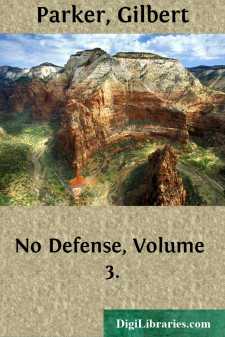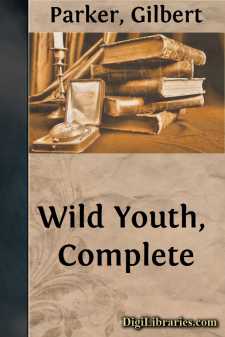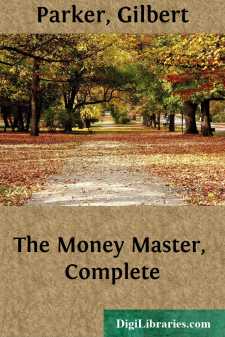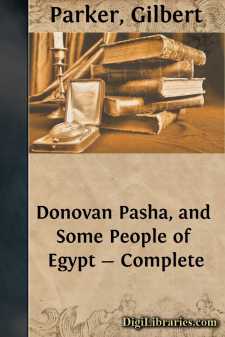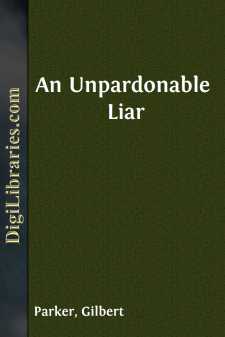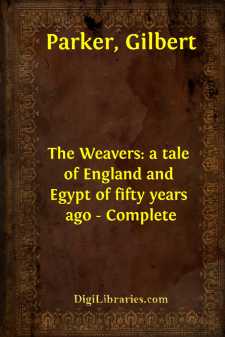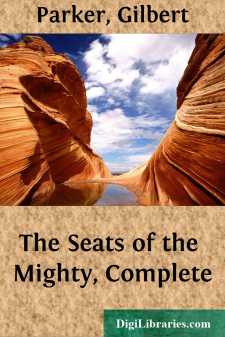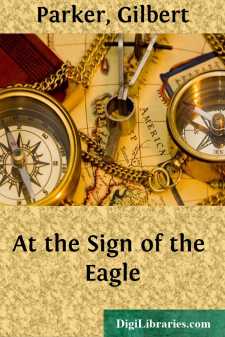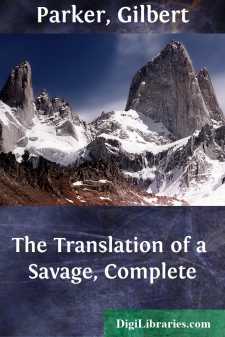Categories
- Antiques & Collectibles 13
- Architecture 36
- Art 48
- Bibles 22
- Biography & Autobiography 813
- Body, Mind & Spirit 142
- Business & Economics 28
- Children's Books 17
- Children's Fiction 14
- Computers 4
- Cooking 94
- Crafts & Hobbies 4
- Drama 346
- Education 46
- Family & Relationships 57
- Fiction 11829
- Games 19
- Gardening 17
- Health & Fitness 34
- History 1377
- House & Home 1
- Humor 147
- Juvenile Fiction 1873
- Juvenile Nonfiction 202
- Language Arts & Disciplines 88
- Law 16
- Literary Collections 686
- Literary Criticism 179
- Mathematics 13
- Medical 41
- Music 40
- Nature 179
- Non-Classifiable 1768
- Performing Arts 7
- Periodicals 1453
- Philosophy 64
- Photography 2
- Poetry 896
- Political Science 203
- Psychology 42
- Reference 154
- Religion 513
- Science 126
- Self-Help 84
- Social Science 81
- Sports & Recreation 34
- Study Aids 3
- Technology & Engineering 59
- Transportation 23
- Travel 463
- True Crime 29
No Defense, Volume 3.
by: Gilbert Parker
Description:
Excerpt
THE CLASH OF RACE
In the King's House at Spanish Town the governor was troubled. All his plans and prophecies had come to naught. He had been sure there would be no rebellion of the Maroons, and he was equally sure that his career would be made hugely successful by marriage with Sheila Llyn—but the Maroons had revolted, and the marriage was not settled!
Messages had been coming from the provost-marshal-general of reports from the counties of Middlesex and Cornwall, that the Maroons were ravaging everywhere and that bands of slaves had joined them with serious disasters to the plantation people. Planters, their wives and children had been murdered, and in some districts the natives were in full possession and had destroyed, robbed and ravaged. He had summoned his commander of the militia forces, had created special constables, and armed them, and had sent a ship to the Bahamas to summon a small British fleet there. He had also mapped out a campaign against the Maroons, which had one grave demerit—it was planned on a basis of ordinary warfare and not with Jamaica conditions in mind. The provost-marshal warned him of the futility of these plans, but he had persisted in them. He had later been shocked, however, by news that the best of his colonels had been ambushed and killed, and that others had been made prisoners and treated with barbarity. From everywhere, except one, had come either news of defeat or set-back.
One good thing he immediately did: he threw open King's House to the wounded, and set the surgeons to work, thereby checking bitter criticism and blocking the movement rising against him. For it was well known he had rejected all warnings, had persisted in his view that trust in the Maroons and fair treatment of themselves and the slaves were all that was needed.
As he walked in the great salon or hall of audience where the wounded lay—over seventy feet long and thirty wide, with great height, to which beds and conveniences had been hastily brought—it seemed to him that he was saving, if barely saving, his name and career. Standing beside one of the Doric pillars which divided the salon from an upper and lower gallery of communications, he received the Custos of Kingston. As the Custos told his news the governor's eyes were running along the line of busts of ancient and modern philosophers on the gilt brackets between the Doric pilasters. They were all in bronze, and his mind had the doleful imagination of brown slave heroes placed there in honour for services given to the country. The doors at the south end of the great salon opened now and then into the council chambers beyond, and he could see the surgeons operating on the cases returned from the plantations.
"Your honour," said the Custos, "things have suddenly improved. The hounds have come from Cuba and in the charge of ten men—ten men with sixty hounds. That is the situation at the moment. All the people at Kingston are overjoyed. They see the end of the revolt."
"The hounds!" exclaimed the governor....


